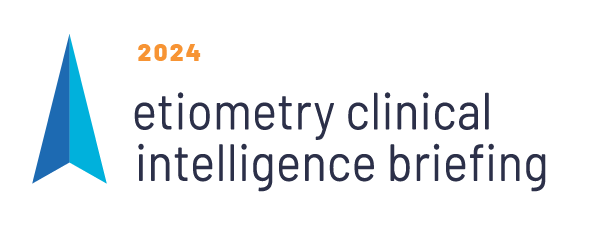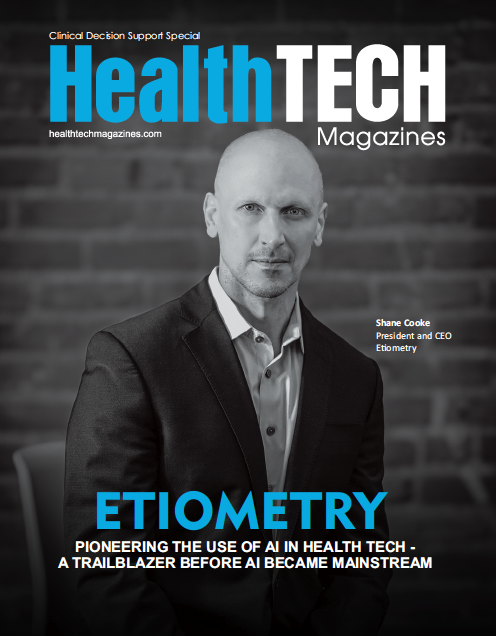How AI and Analytics are Shaping the Evolution of Cardiac Surgery
White Papers and Ebooks

How will AI and machine learning transform the long standing roots of cardiac surgery and recovery for patients? AI is claiming a stake in healthcare that is here to stay.
Heart disease continues to be one of the leading causes of death in the United States, causing one in four deaths each year. This reality, coupled with an annual surgery growth for cardiac procedures of about 5% each year, necessitates the use of innovative technologies to effectively manage the impending growth in surgical volume.
Cue artificial intelligence (AI). This technology has been on the rise in healthcare. While it brings so many more insights into a patient’s condition, it almost seems like too much of a good thing. A patient being monitored before surgery, during, and after surgery might be producing hundreds or even thousands of data points. The data sources could include, patient demographics, peripheral devices, lab results, invasive monitoring, and vital signs.
Making sense of these and how it relates to a patient’s condition can be overwhelming and time-consuming for a clinician. In our latest blog, see how Etiometry’s software can aggregate the many data streams, taking it from disparate and disconnected data to data that can provide actionable insights.
Complete the form below to download the white paper.


